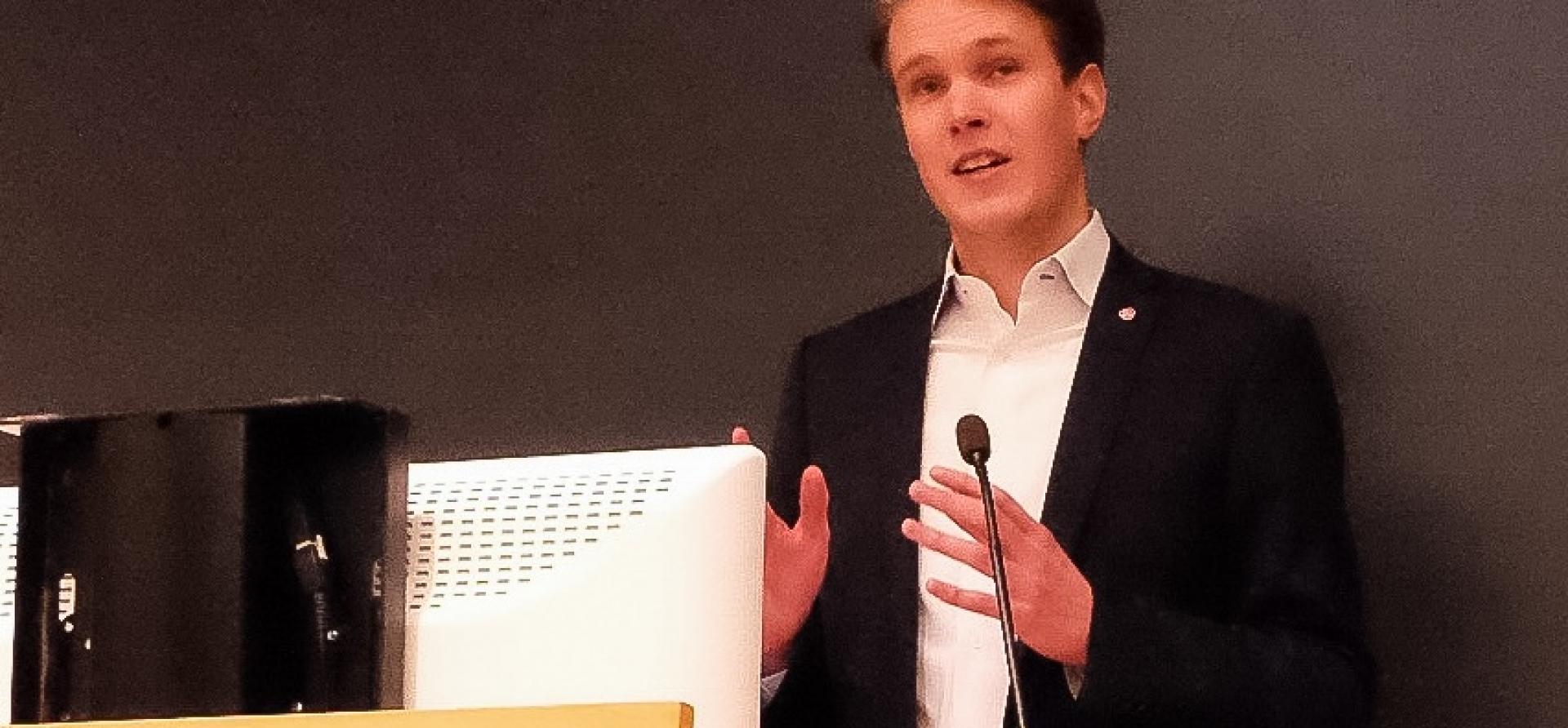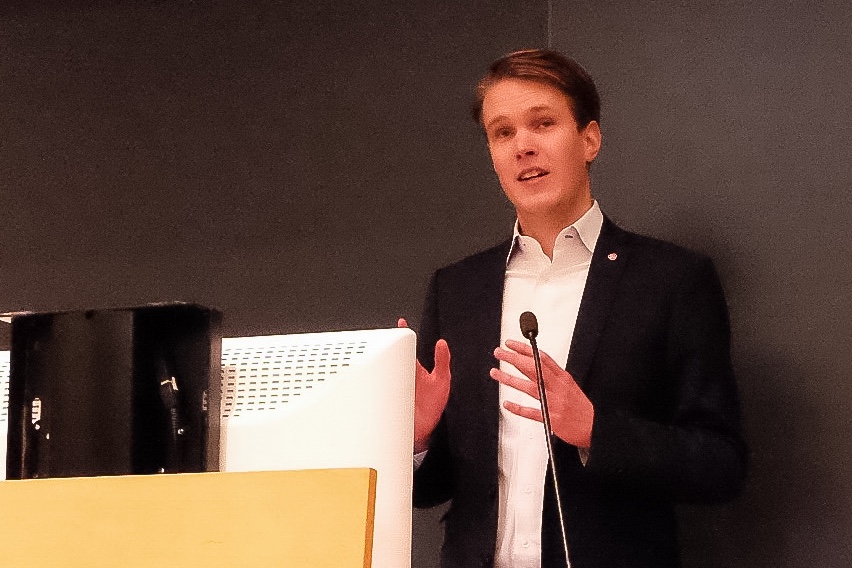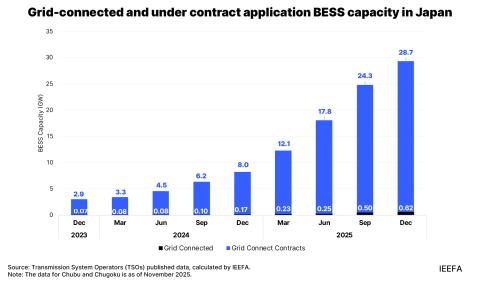IEEFA Energy Finance 2016: Norway Brings Its Coal-Divestiture Example to the U.S.

 Norway’s decision last year to sell its coal-industry holdings was “driven by younger factions” who won out over status quo interests and whose example will be followed globally, says a member of the Labor Party who led a parliamentary move to force the $900 billion Government Pension Fund Global (GPFG) to divest.
Norway’s decision last year to sell its coal-industry holdings was “driven by younger factions” who won out over status quo interests and whose example will be followed globally, says a member of the Labor Party who led a parliamentary move to force the $900 billion Government Pension Fund Global (GPFG) to divest.
“The pessimists said it won’t work, if Norway divests, others will fill in that gap. Norway will lose money,” Torstein Solberg told an audience this week at IEEFA Energy Finance 2016 in New York. “Those other guys now owning those stocks are worse off than we are.”
Solberg (pictured in this post) also said divestiture proponents were challenged by skeptics who said Norway would be criticized for a double standard, having acquired most of its wealth from its undersea oil holdings.
“Is it hypocritical to divest from coal while making all of our money off of oil? Yes, but politics is hypocritical. If you let dilemmas stop you, nothing will get done.”
And he said divestiture was opposed institutionally and bureaucratically by the Ministry of Finance, which oversees the fund, and by administrators at GPFG, and that parliamentary action was required to force change.
“It’s not like a company will listen if you call and ask ‘Please lower your C02 emissions,’” Solberg said. “That’s like believing in Santa Claus. If you’re a coal-heavy company, we want out.”
Solberg spoke on a divestment panel that included John Adler, director of the New York City Mayor’s Office of Pensions and Investments and chief pension investment advisor to Mayor Bill de Blasio, and Philip Larrieu, an investment officer for the California State Teachers’ Retirement System.
Adler and Larrieu lauded GPFG’s move and said New York and California have similar ambitions. They noted that pension funds in both places have been players in past divestment movements around apartheid and the tobacco industry.
“New York City has a long history of being on the front lines using our status as shareholders to press for social change,” Adler said.
Heffa Schücking, director of urgewald, a German divestment-advocacy group, said “the divestment movement is snowballing.”
Schücking warned against “pretend divestment,” however, noting that some public pension fund managers quietly circumvent divestiture policies by quietly buying different coal or fossil fuel stocks after selling similar positions in other companies.
She urged investors to “not just look at equity portfolios” but to reconsider debt holdings as well, nothing that coal-mining companies finance a significant amount of their operations through the bond markets.
She said true “impact investing” bars taking positions in coal transport and infrastructure and precludes companies that may not be known for their coal holdings but that are expanding into coal mining or coal-fired electricity generation.
“We’re very much hoping you guys can set really good models for divestment in the U.S,” she said.
Jim Flood is an IEEFA media consultant.














